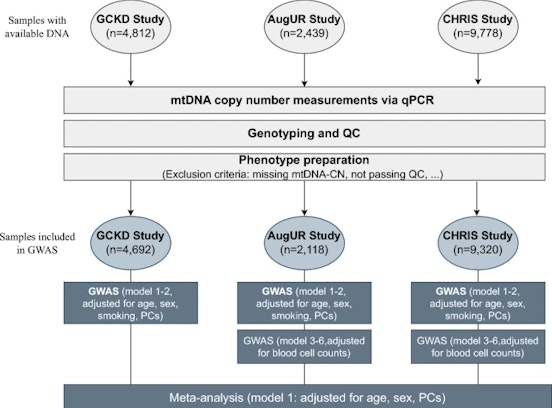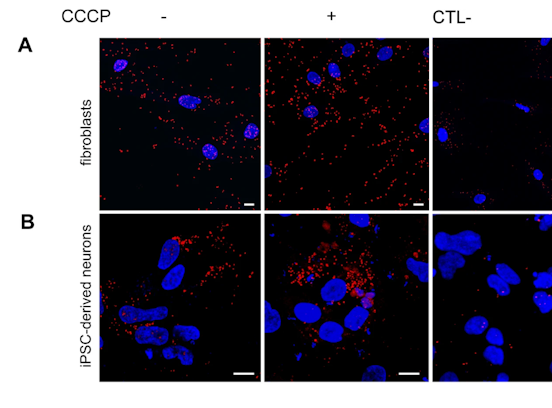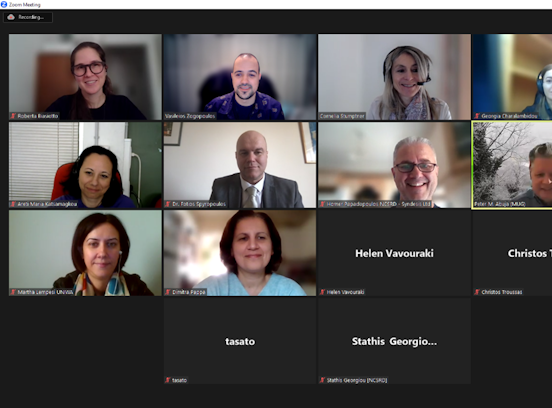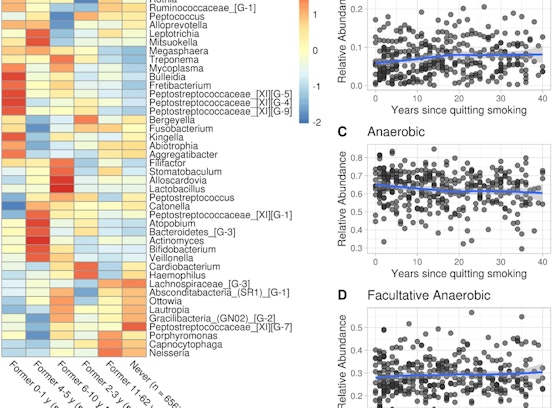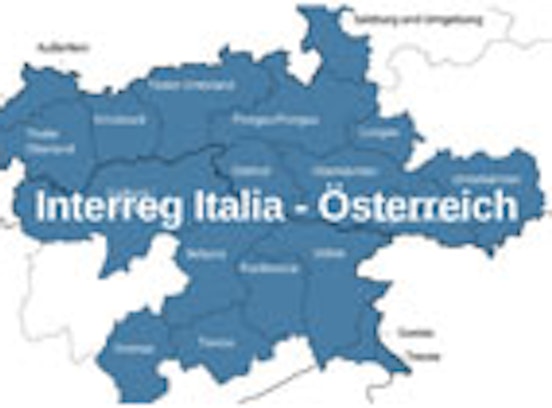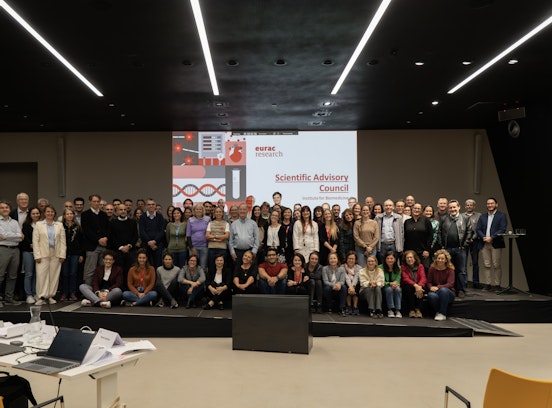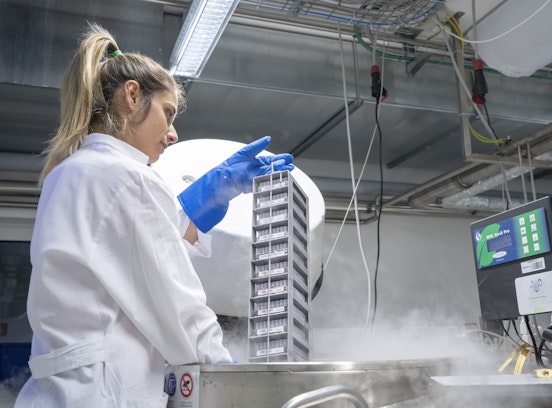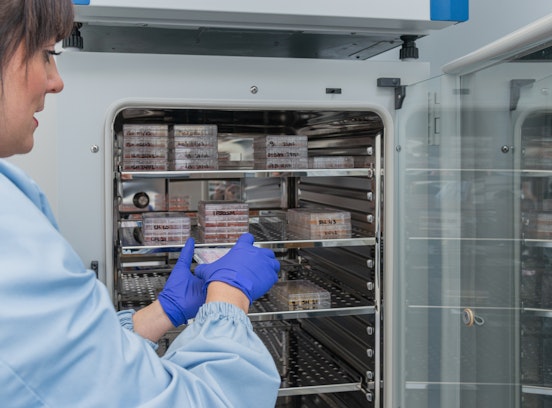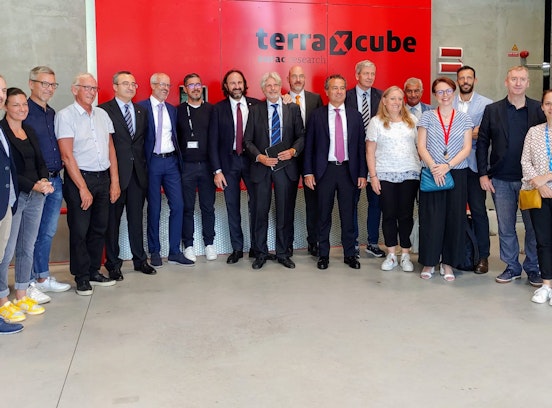Institute for Biomedicine - News & Events - CHRIS Covid-19 study in Venosta: four out of a hundred people infected in autumn
CHRIS Covid-19 study in Venosta: four out of a hundred people infected in autumn
Recruitment of participants to expand database for scientific research continues
- Deutsch
- English
- Italiano
The analyses of the questionnaires and tests carried out by the 4,000 participants in CHRIS Covid-19 continue to provide valuable information: the data make it possible to outline the spread of the virus in the Upper Vinschgau, support the Health Authority in monitoring the current situation and form the basis for more specific research into the immune response, the link between genes and disease and its long-term consequences. CHRIS Covid-19 is an extension of the CHRIS epidemiological study that has been carried out in the Vinschgau for over ten years.
Among the 4000 current participants of CHRIS Covid-19, there are already 350 people who have been diagnosed as positive. "The number is becoming so large that we can study new coronavirus infection among CHRIS study participants with the same precision as other chronic diseases such as diabetes or kidney failure, each of which are present in the CHRIS population with several hundred cases," says Peter Pramstaller, director of the Institute of Biomedicine at Eurac Research. In order to enlarge this sample even further, in these weeks the 19,000 people from Veneto who were already invited to participate in the CHRIS Covid-19 study in the autumn are receiving a renewed invitation by email or post. Participation consists of filling out a health questionnaire to which, in some cases, a PCR swab is added. More than two-thirds of participants are updating their health status each month via the online questionnaire as required by the study, a sign that the commitment required is low. It is also important to note that the vaccine in no way prejudices participation: those who have already received it or are planning to do so are simply invited to indicate this in the questionnaire.
What general indications can be derived from the analysis of the data from the Vinschgau region? In the municipalities of the Upper and Middle Vinschgau, the incidence of Covid-19 has been four percent since September, which is four times higher than during the first wave. The data are in line with those recorded by the Health Authority. The concordance of the data shows that the provincial monitoring at this time is effective and, contrary to what happened in the first wave, there are few undetected cases. "The reliability of this data allows us to say with confidence that we are still far from herd immunity. The prospect of still living with the virus for a long time makes it essential to engage in research on this disease and participating in studies such as CHRIS Covid-19 also helps to keep awareness and the threshold of attention high for oneself and one's family. While waiting for an extended vaccination coverage it is indeed necessary to continue with the measures of distancing and with the use of personal protective equipment" says Cristian Pattaro, scientific responsible of the CHRIS study.
What insights have emerged so far for long-term scientific research? As far as the study of the immune response is concerned, the periodic monitoring of the positives has given an interesting result: "The majority of the positive people identified in the first wave maintain their immune response after more than five months. At the moment we can monitor this aspect only on few people, but it is an important information and a good news" explains Cristian Pattaro, scientific responsible of the study.
